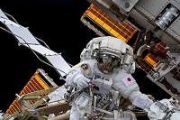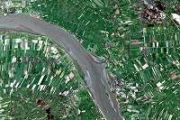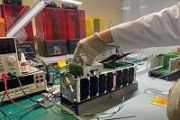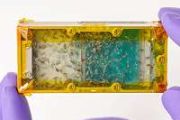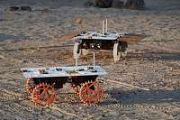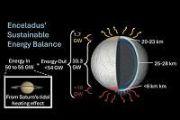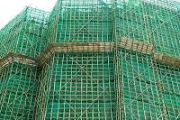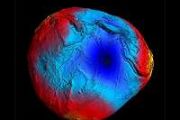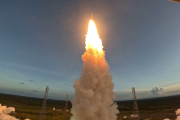
Copernical Team
A desert moss that has the potential to grow on Mars
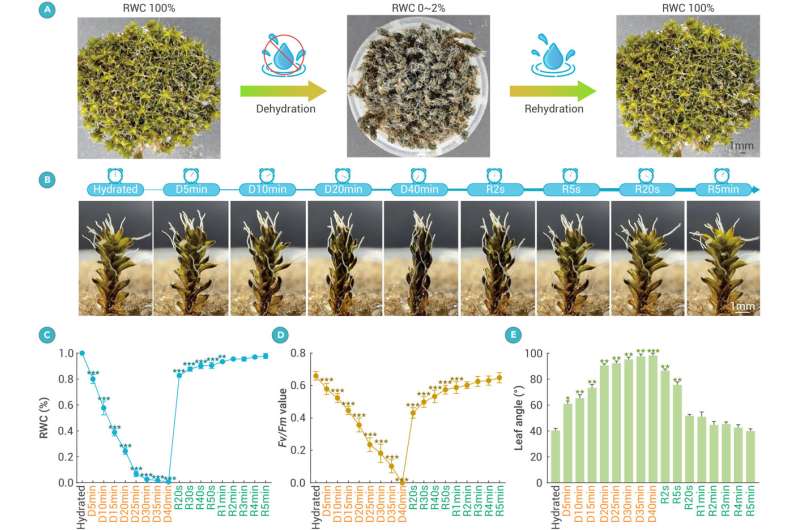
The desert moss Syntrichia caninervis is a promising candidate for Mars colonization thanks to its extreme ability to tolerate harsh conditions lethal to most life forms. The moss is well known for its ability to tolerate drought conditions, but researchers report in the journal The Innovation that it can also survive freezing temperatures as low as −196°C, high levels of gamma radiation, and simulated Martian conditions involving these three stressors combined. In all cases, prior dehydration seemed to help the plants cope.
"Our study shows that the environmental resilience of S. caninervis is superior to that of some of highly stress-tolerant microorganisms and tardigrades," write the researchers, who include ecologists Daoyuan Zhang and Yuanming Zhang and botanist Tingyun Kuang of the Chinese Academy of Sciences.
"S. caninervis is a promising candidate pioneer plant for colonizing extraterrestrial environments, laying the foundation for building biologically sustainable human habitats beyond Earth.
NASA shares two new Moon to Mars architecture white papers
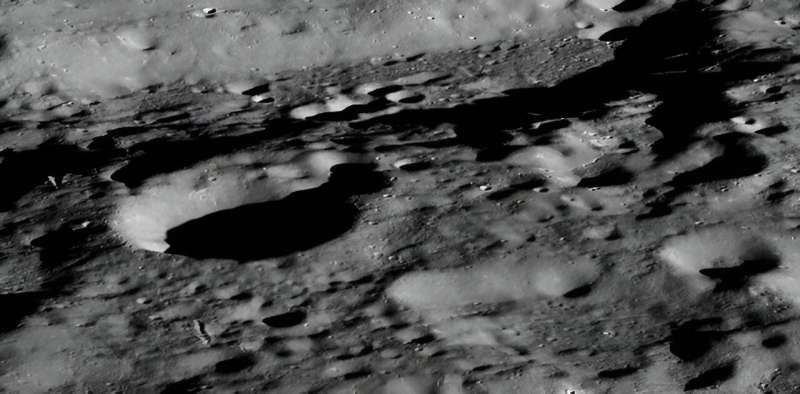
NASA has released two white papers associated with the agency's Moon to Mars architecture efforts. The papers, one on lunar mobility drivers and needs, and one on lunar surface cargo, detail NASA's latest thinking on specific areas of its lunar exploration strategy.
While NASA has established a yearly cadence of releasing new documents associated with its Moon to Mars architecture, the agency occasionally releases mid-cycle findings to share essential information in areas of interest for its stakeholders.
Determining the safest Mars caves for future astronauts
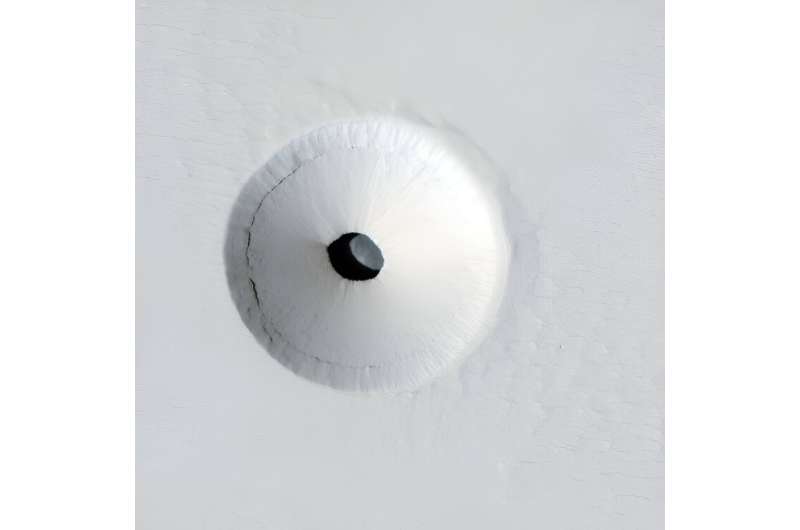
When astronauts land on Mars someday, they might have to live in lava caves or lava tubes to survive the harsh radiation that rains down on the Martian surface every second. But which caves could offer them the best chance of survival?
This is what a recent study presented at the 55th Lunar and Planetary Science Conference hopes to address as Dr. Anatoliy P. Vidmachenko from the National University of Life and Environmental Sciences of Ukraine investigated where, how, and why lava tubes and lava caves could aid future Mars astronauts regarding their survival.
This study holds the potential to help scientists and engineers help mitigate risks for future Mars astronauts and what steps that need to be taken to make that a reality.
Mission success: HERA crew successfully completes 45-day simulated journey to Mars
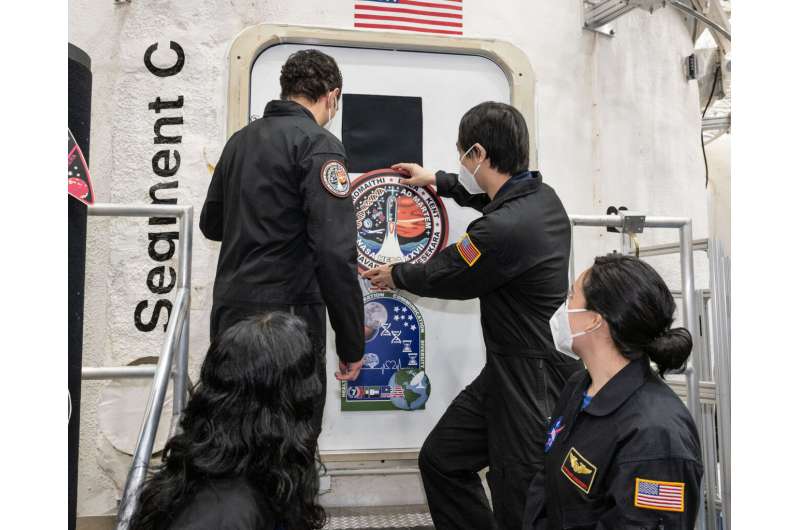
Four dedicated explorers—Jason Lee, Stephanie Navarro, Shareef Al Romaithi, and Piyumi Wijesekara—just returned from a 45-day simulated journey to Mars, testing the boundaries of human endurance and teamwork within NASA's HERA (Human Exploration Research Analog) habitat at Johnson Space Center in Houston. Their groundbreaking work on HERA's Campaign 7 Mission 2 contributes to NASA's efforts to study how future astronauts may react to isolation and confinement during deep-space journeys.
Throughout their mission, the crew conducted operational tasks and participated in 18 human health studies. These studies focused on behavioral health, team dynamics, and human-system interfaces, with seven being collaborative efforts with the Mohammed Bin Rashid Space Centre (MBRSC) of the United Arab Emirates (UAE) and the European Space Agency.
NASA Stennis achieves primary success for historic in-space mission
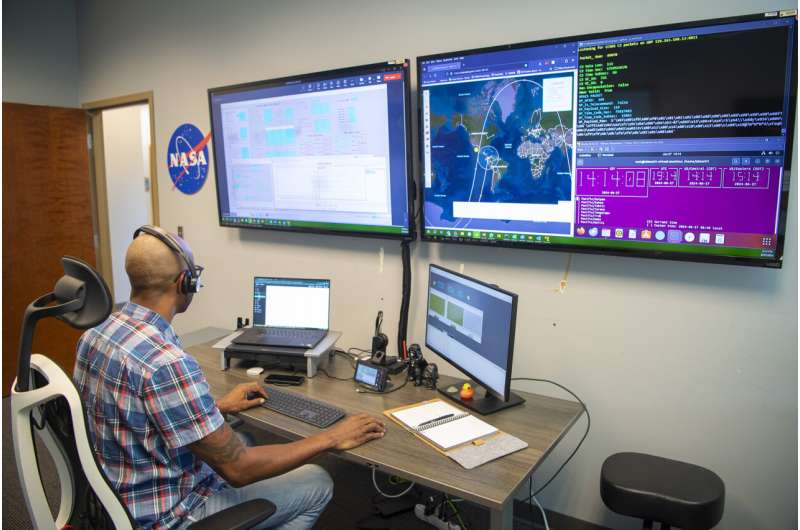
NASA's Stennis Space Center and partner Sidus Space Inc. announced primary mission success July 2 for the center's historic in-space mission—an autonomous systems payload aboard an orbiting satellite.
"Our ASTRA (Autonomous Satellite Technology for Resilient Applications) payload is active and operational," NASA Stennis Center Director John Bailey said. "This is an incredible achievement for Stennis, our first-ever in-space mission flying on a new state-of-the-art satellite.
Robotic rover could support astronauts on moonwalks
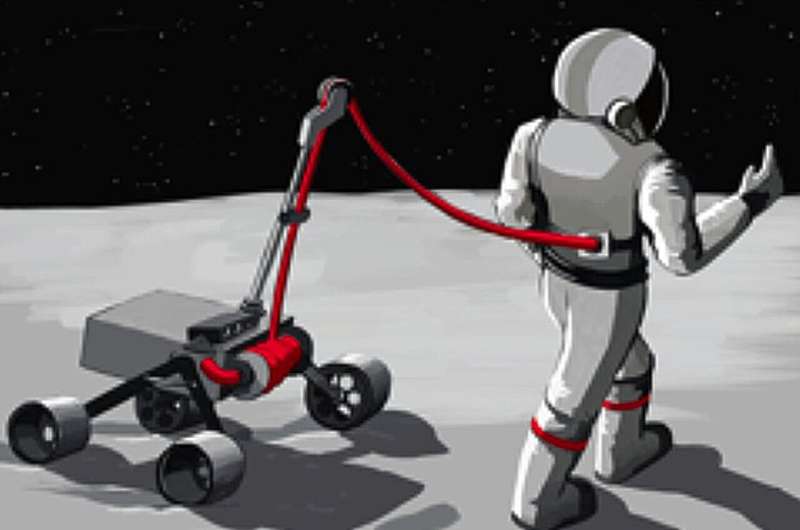
Robotic companions are a mainstay of sci-fi series everywhere. From R2D2 to Johnny 5, these characters typically have a supporting role in the story and are helpful to their human companions. But what if they were integral to the humans in the story? So much so that they couldn't live without their robotic compatriots?
That's the idea behind Biobot, which was given a NIAC grant in 2018—why not use a robotic companion to carry supporting equipment on human extravehicular activities (EVAs) on other planets?
If you watch the footage from the Apollo missions, you can see how awkward it is for the astronauts to bend over to pick things up. Also, these extraordinarily naturally fit and gifted people seem to fall over an awful lot, given how coordinated they are on Earth. That's probably because of a 61 kg pack on their back that is helping to keep them alive.
Each moonwalker had to carry a life support system on their suit to maintain conditions inside the suit that allowed them to breathe and not cook to death.
SpaceX retools problem booster for overnight launch from Space Coast

SpaceX is rolling a booster that was part of a scrubbed launch attempt last month back to the launch pad for an early morning mission on the Space Coast.
A Falcon 9 rocket on the Starliner 8-9 mission carrying 20 Starlink satellites including 13 with direct-to-cell capabilities aims for liftoff from Cape Canaveral Space Force Station's Space Launch Complex 40 at 2:57 a.m. Eastern time Wednesday during a window that lasts until 5:59 a.m.
Space Launch Delta 45's weather squadron forecasts an 80% chance for good conditions. Additional opportunities fall to Sunday, July 7, during a window that opens at 12:28 a.m.
This is the 16th flight of the first-stage booster, which was previously on the pad for the Starlink 10-3 mission, but was changed out after an issue when it hit T-0 during a launch attempt on June 14.
The flight eventually took off with a new booster while SpaceX reconfigured this for Wednesday morning's attempt. SpaceX never revealed the reason behind the scrub or the booster switch.
It will attempt a landing downrange on the droneship A Shortfall of Gravitas stationed in the Atlantic.
Could we replace Ingenuity with a swarm of robotic bees?
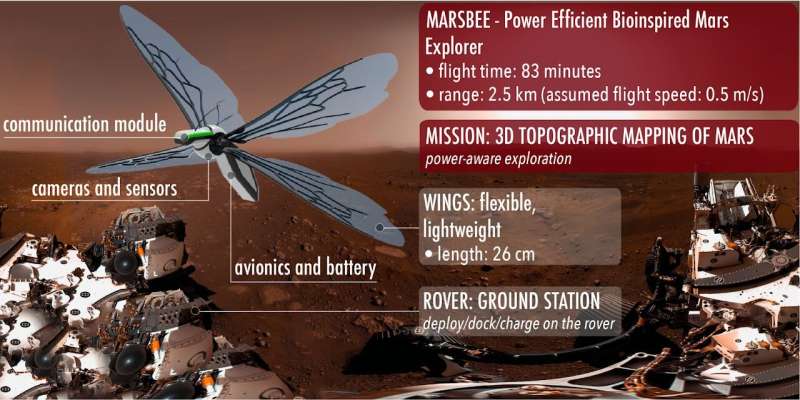
Humans finally achieved controlled flight on another planet for the first time just a few years ago. Ingenuity, the helicopter NASA sent to Mars, performed that difficult task admirably. It is now taking a well-deserved rest until some intrepid human explorer someday comes by to pick it up and hopefully put it in a museum somewhere.
But what if, instead of a quadcopter, NASA used a series of flexible-wing robots akin to bees to explore the Martian terrain? That was the idea behind the Marsbee proposal by Chang-Kwon Kang and his colleagues at the University of Alabama at Huntsville. The project was supported by a NASA Institute for Advanced Concepts (NIAC) grant back in 2018—let's see what they did with it.
The concept was initially inspired by work at the University of Tokyo on a dragonfly-like micro aerial vehicle (MAV). It is one of the few drones able to fly in Earth's gravity using flexible wings that flap.
Image: Orion spacecraft prepares for upcoming launch
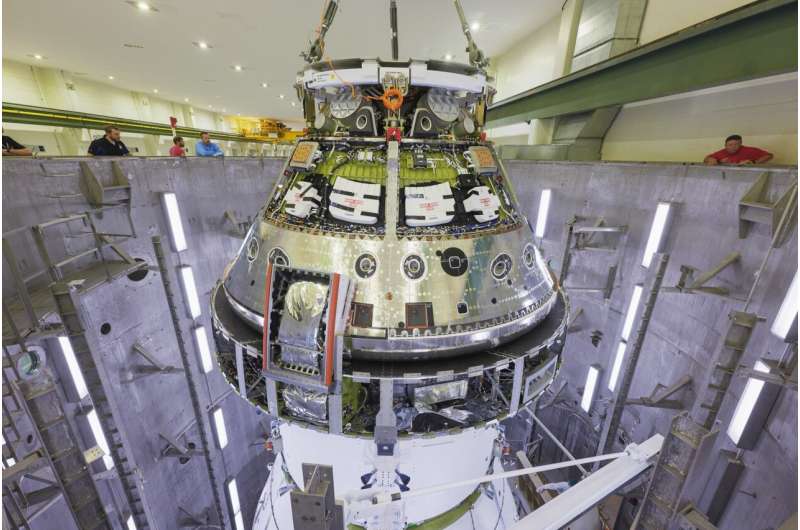
Technicians lift NASA's Orion spacecraft out of the Final Assembly and System Testing cell on June 28, 2024. The integrated spacecraft, which will be used for the Artemis II mission to orbit the moon, has been undergoing final rounds of testing and assembly, including end-to-end performance verification of its subsystems and checking for leaks in its propulsion systems.
A 30-ton crane returned Orion into the recently renovated altitude chamber where it underwent electromagnetic testing.
The spacecraft will now undergo a series of tests that will subject it to a near-vacuum environment by removing air, thus creating a space where the pressure is extremely low.
This results in no atmosphere, similar to the one the spacecraft will experience during future lunar missions.
The data recorded during these tests will be used to qualify the spacecraft to safely fly the Artemis II astronauts through the harsh environment of space.
Provided by NASA
To guard against cyberattacks in space, researchers ask 'what if?'

If space systems such as GPS were hacked and knocked offline, much of the world would instantly be returned to the communications and navigation technologies of the 1950s. Yet space cybersecurity is largely invisible to the public at a time of heightened geopolitical tensions.
Cyberattacks on satellites have occurred since the 1980s, but the global wake-up alarm went off only a couple of years ago. An hour before Russia's invasion of Ukraine on Feb. 24, 2022, its government operatives hacked Viasat's satellite-internet services to cut off communications and create confusion in Ukraine.
I study ethics and emerging technologies and serve as an adviser to the U.S. National Space Council. My colleagues and I at California Polytechnic State University's Ethics + Emerging Sciences Group released a U.S. National Science Foundation-funded report on June 17, 2024, to explain the problem of cyberattacks in space and help anticipate novel and surprising scenarios.
Space and you
Most people are unaware of the crucial role that space systems play in their daily lives, never mind military conflicts.






